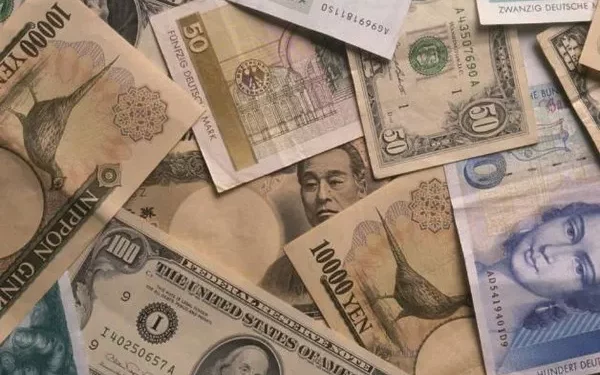In the global economy, currency exchange rates play a pivotal role in international trade, investment, and finance. Individuals and businesses alike often find themselves navigating the complexities of currency conversion, seeking to understand the value of their money in different economic contexts. One such common exchange pair is the Japanese yen (JPY) to the United States dollar (USD). In this article, we delve into the intricacies of converting 1500 yen to dollars, exploring the current exchange rate, conversion calculations, factors influencing exchange rates, forecast and trends, financial advice, legal and tax implications, economic indicators, and global market impact.
Current Exchange Rate:
As of the latest data available, the exchange rate between the Japanese yen and the US dollar stands at approximately 155.14 JPY to 1 USD. Therefore, converting 1500 yen to dollars would yield approximately 9.67 USD.
Factors Influencing Exchange Rates:
Exchange rates are influenced by a myriad of factors, including:
Interest Rates: Higher interest rates in one country relative to another can attract foreign capital, leading to an appreciation of the currency.
Economic Performance: Strong economic indicators, such as GDP growth, employment rates, and trade balance, can bolster confidence in a country’s currency.
Political Stability: Political uncertainty can undermine investor confidence and weaken a currency.
Market Sentiment: Speculative trading and investor sentiment can cause fluctuations in exchange rates.
Central Bank Intervention: Central banks may intervene in currency markets to stabilize exchange rates or achieve specific policy objectives.
Understanding these factors is essential for predicting exchange rate movements and making informed decisions regarding currency conversion.
Forecast and Trends:
Forecasting exchange rate movements with precision is challenging due to the dynamic nature of global financial markets. However, analysts often rely on technical analysis, fundamental analysis, and geopolitical insights to identify potential trends. In recent months, the yen has shown relative stability against the dollar, with fluctuations influenced by macroeconomic developments and central bank policies.
Financial Advice:
When converting currency, it’s crucial to consider transaction costs and fees charged by financial institutions. Additionally, timing can significantly impact the amount received in the target currency. Monitoring exchange rate trends and executing transactions during favorable market conditions can optimize the value of currency conversions. Furthermore, diversifying currency holdings and utilizing hedging strategies can mitigate exchange rate risk in international transactions.
Legal and Tax Implications:
Currency conversions may have legal and tax implications, especially for businesses engaged in cross-border trade and investments. It’s essential to comply with relevant regulations and tax laws governing foreign exchange transactions. Consulting with legal and tax professionals can ensure compliance and minimize potential liabilities.
Economic Indicators:
Key economic indicators provide insights into the underlying fundamentals driving exchange rate movements. Monitoring indicators such as inflation rates, unemployment figures, consumer spending, and government fiscal policies can help anticipate changes in currency valuations. Additionally, geopolitical events and global economic trends can exert significant influence on exchange rates.
Global Market Impact:
Exchange rate fluctuations have far-reaching implications for global markets, affecting trade flows, capital flows, and international investments. A depreciation of the yen relative to the dollar, for example, could make Japanese exports more competitive in foreign markets while increasing the cost of imported goods for Japanese consumers. Similarly, a strengthening yen could dampen export competitiveness but reduce the cost of imported goods.
Conclusion:
In conclusion, understanding the dynamics of currency exchange rates is essential for individuals and businesses engaged in international transactions. Converting 1500 yen to dollars involves considering the current exchange rate, conversion calculations, factors influencing exchange rates, forecast and trends, financial advice, legal and tax implications, economic indicators, and global market impact. By staying informed and adopting prudent financial strategies, individuals and businesses can navigate currency conversions effectively and unlock the value of their assets in the global marketplace.
Related Topics:


























